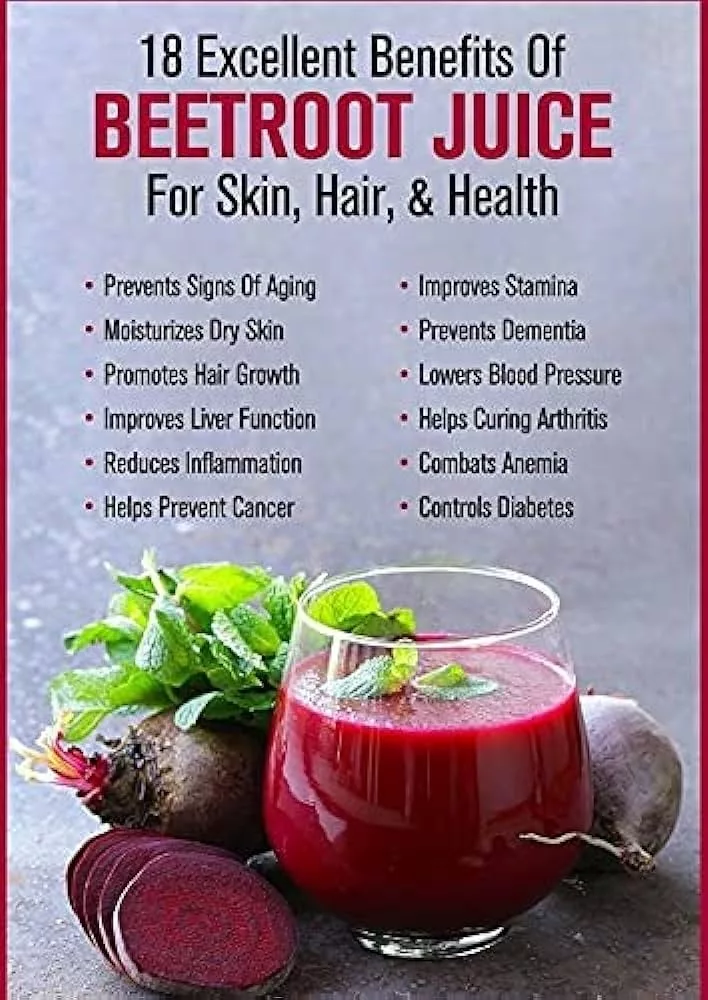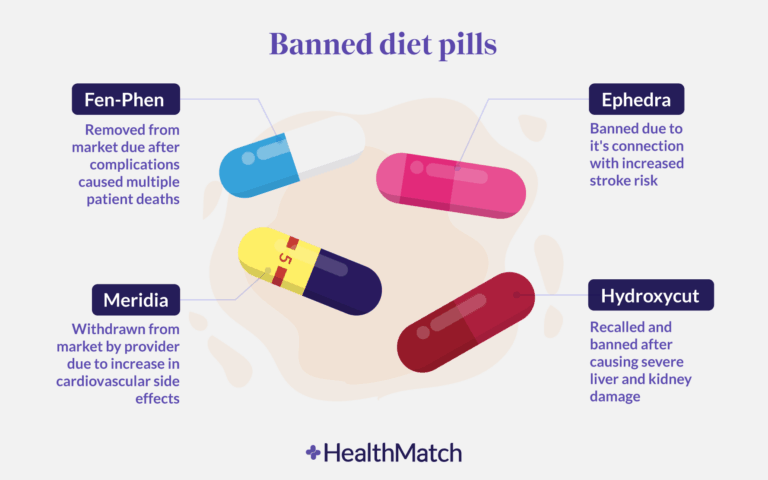The Secret to Visceral Fat Diet: An Essential Guide for Healthy Weight Loss
Hello! Here is an essential guide for healthy weight loss. Let’s explore the secrets to a healthy diet for your body and mind! I hope this helps you achieve a healthier lifestyle. 🌟
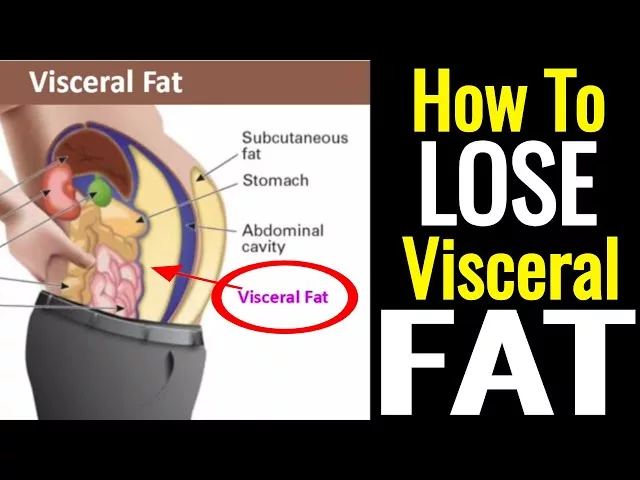
What is Visceral Fat?
Visceral fat is one of the main types of body fat. It is located around the internal organs, such as the heart, liver, and pancreas, and plays a role in energy storage and metabolic regulation. Excessive visceral fat can lead to various health problems.
How Visceral Fat Affects Health
Maintaining an appropriate amount of visceral fat is crucial for health. However, excessive visceral fat is associated with various health issues, such as high blood pressure, diabetes, cardiovascular disease, and metabolic syndrome. Additionally, excessive visceral fat can promote inflammation and weaken the immune system.

Measuring Visceral Fat and Guidelines
Accurately measuring visceral fat typically requires the help of a professional. Common methods include CT scans, MRI, and abdominal ultrasound. Waist circumference can also provide an estimate of visceral fat levels. Research suggests that a waist circumference greater than 94 cm for men and 80 cm for women may indicate high levels of visceral fat.
Dietary Guidelines for Reducing Visceral Fat
To reduce visceral fat, consider the following dietary guidelines:
- Increase Fiber Intake: Consume fiber-rich foods, such as fruits, vegetables, and whole grains, to maintain a sense of fullness and promote healthy digestion.
- Consume Healthy Fats: Incorporate healthy fats like omega-3 fatty acids and monounsaturated fats found in nuts, seeds, and fish.
- Increase Protein Intake: Protein from sources like meat, fish, eggs, and legumes can help maintain muscle mass and boost metabolism.
- Limit Sugar Intake: Foods high in added sugars are linked to increased visceral fat accumulation, so it’s important to limit their consumption.
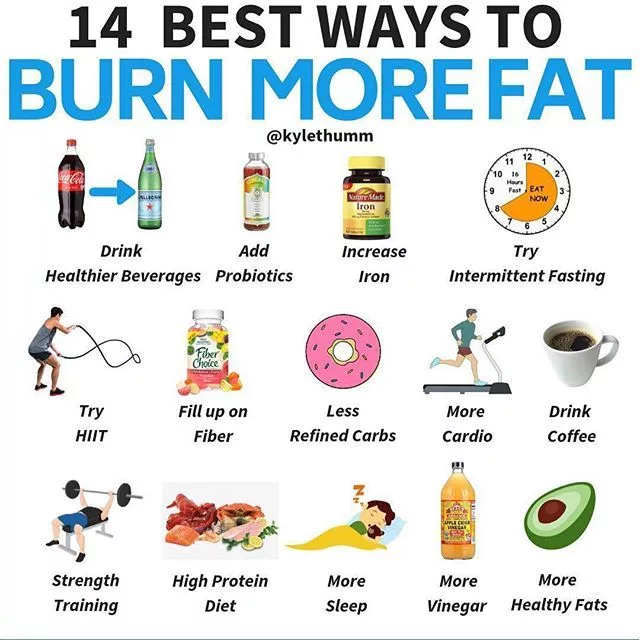
Strategies for Exercising to Reduce Visceral Fat
Exercise is highly effective in reducing visceral fat. Here are some exercise strategies:
- Aerobic Exercise: Activities like walking, jogging, and swimming can help with weight loss and visceral fat reduction.
- Resistance Training: Strength training and resistance exercises can increase muscle mass and boost metabolism, contributing to visceral fat loss.
- High-Intensity Interval Training (HIIT): Alternating between high-intensity and low-intensity exercises can effectively burn visceral fat.
Lifestyle Changes to Reduce Visceral Fat
Adopting healthy lifestyle habits can also help reduce visceral fat:
- Adequate Sleep: Sufficient sleep is important for regulating metabolism and preventing visceral fat accumulation.
- Stress Management: Managing stress can help prevent the increase of visceral fat, as stress can contribute to its accumulation.
- Quit Smoking: Smoking is associated with increased visceral fat, so quitting can be beneficial.
- Limit Alcohol Consumption: Excessive alcohol intake can promote visceral fat storage.

Supplements and Foods that Aid Visceral Fat Reduction
Certain supplements and foods may help with visceral fat reduction:
- Green Tea Extract: The catechins in green tea may help suppress the increase of visceral fat.
- Conjugated Linoleic Acid (CLA): CLA can help increase muscle mass and boost metabolism, contributing to visceral fat loss.
- Probiotics: Probiotics can support gut health and may assist with weight management and visceral fat reduction.
Success Stories and Tips for Visceral Fat Diet
Many people have successfully reduced their visceral fat. Here are some tips for a successful visceral fat diet:
- Set Clear Goals: Establish specific, measurable goals and persistently work towards them.
- Continuous Monitoring: Regularly track your weight, waist circumference, and dietary habits.
- Stay Motivated: Engage with family, friends, or online communities to stay motivated and accountable.
- Consistent Effort: Reducing visceral fat is a gradual process, so consistent effort and patience are key.
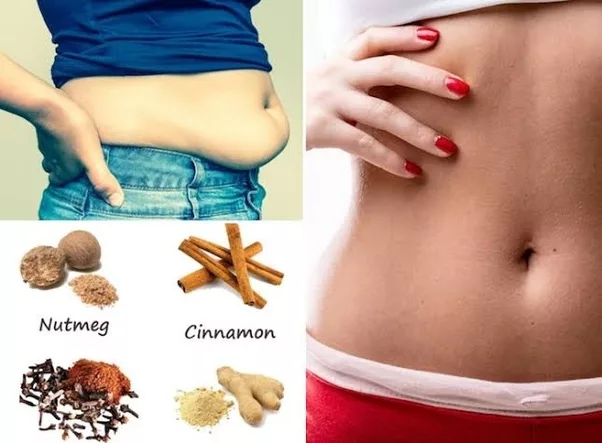
The visceral fat diet is an essential guide for healthy weight loss. You now know about the impact of visceral fat, how to measure it, dietary guidelines, exercise strategies, lifestyle changes, supplements and foods, as well as success stories and tips. Utilize this information to create and implement a plan for healthy visceral fat reduction. Let’s work towards a healthier you!


